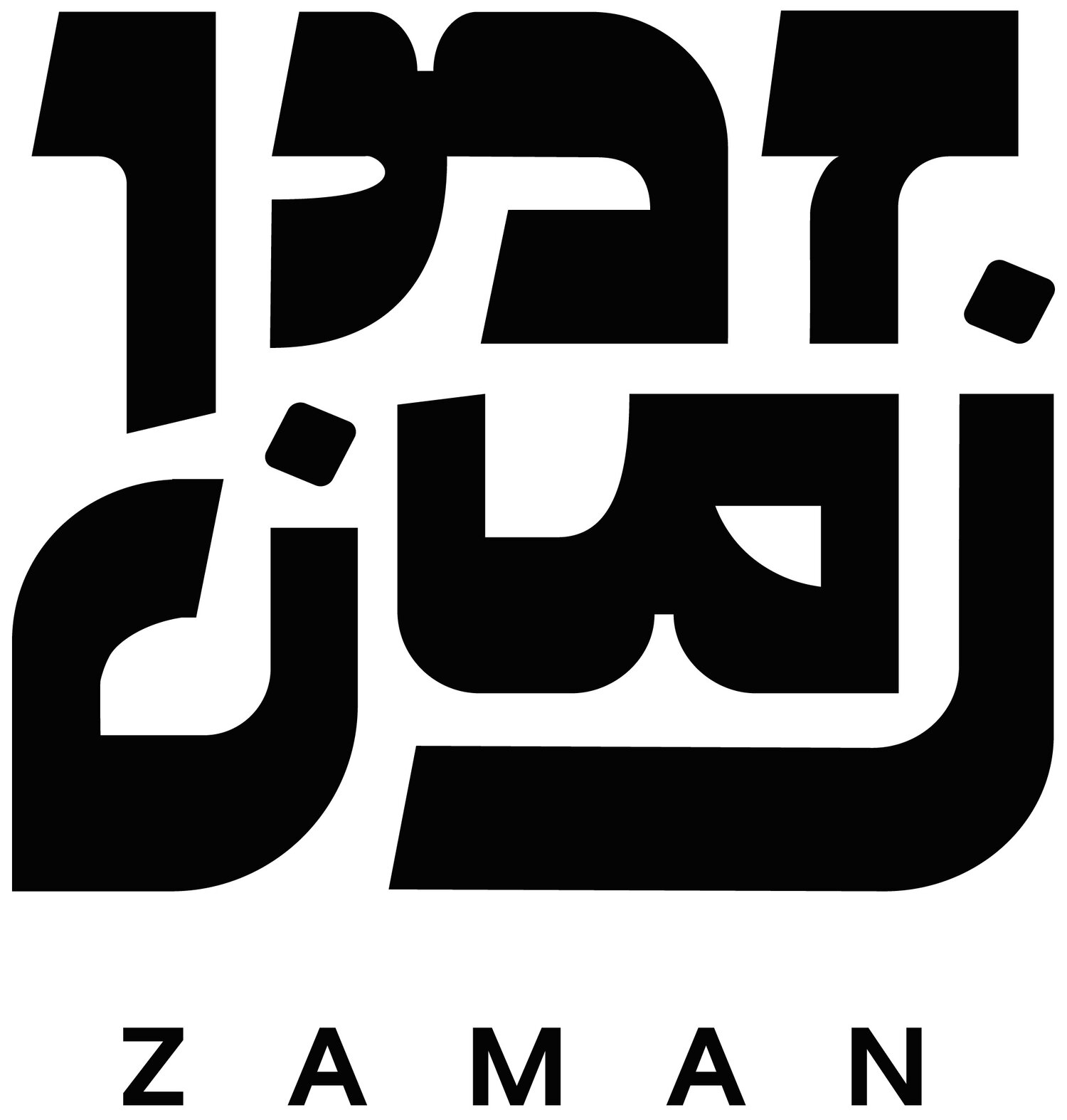A Faint Call in Turkish: Let’s Talk
Illustration by Sophie Levy
When Beki’s daughter was in labor, she went to the hospital—the first birth of the family to happen away from home. When she got to the maternity ward, she could not see her daughter anywhere. They had probably already taken her into a delivery room. Flustered, she approached the reception desk and asked about her daughter, but she had trouble getting her point across. Despite being born and raised in Istanbul, she spoke very little Turkish; her native tongue was Ladino (Judeo-Spanish or Judezmo). It had been possible for her to socialize, buy a house, and get married without needing to speak the language of the city’s majority at all. But over the course of her life, this social structure began to unravel. It soon came to pass that only older women like herself were the ones who could not speak Turkish.
After the birth of the generation of my great-grandmother Beki, the Jews of Turkey, with surmounting pressure from the state, began to abandon their Jewish languages and adopt Turkish as the language they spoke at home. My grandparents, not all of whom grew up in Istanbul, still spoke Ladino with their parents and siblings, but under the watchful eye of the government and an internalized desire for national belonging, they deprived their children, my parents, from the sounds of Ladino. I grew up hearing only morsels of our language. A “vaziyo” (empty-head) here, a “lonso” (bear /rude person) there, and the occasional “se alevantaron los pipinos i aharvaron el bahchivan” (the cucumbers rose up to beat up the gardener).*
More than any other phrase, my grandparents, parents, and I, heard and still hear kayades (keep quiet). We hear the call for silence from our elders, from our community leaders, and from our government. We heard it when we spoke Ladino, we hear it when we speak Turkish. Whatever we do, we are seen as subjects, not citizens – at the mercy of the state and thus obedient to a fault. The lesson instilled in us is reflected in the saying: “No mos karisheyamoz en los meseles del hukumet” (we do not get mixed up in the affairs of the state).
Four years ago, a younger generation of Jews in Turkey fed up with suppression and silence came together to create an online news and opinion platform: Avlaremoz— “Let’s talk.” Run by a horizontal group of editors, including myself, Avlaremoz has two main goals.
The first is to dispel the myth that there is no antisemitism in Turkey. For a country that experienced a major pogrom against Jews and Christians in living memory (1955) and twin synagogue bombings in 2003 killing 28 people, this myth is tragically comical. It is pushed by the state, often with willing support from institutional Jewish leaders seeking to gain the favor of the state. Our work exposing antisemitism covers a broad range of current and historical events and holds people accountable— whether hate comes from a pop star or from the President. Documentation makes up a prominent part of what we do; we often collect antisemitic tweets sent out in the wake of events that have nothing to do with Jews: a spike in the value of the dollar or the closure of mosques due to COVID-19.
Our second objective is to provide a public forum for Turkey’s (self-)censored Jewish community to talk openly within itself and outwardly with the public. As long as we are afraid to talk about our issues openly, it will be impossible for communal life to truly thrive. Jews are an inextricable part of Turkey’s society; we have experienced many of the same historical events as those around us and we have things to say. Avlaremoz created a space for our voices to be heard without shrinking from breaking taboos. We wrote about the disrespectful attitude of our community leaders toward the openly gay Israeli Consular in Istanbul. We did a series of interviews with LGBTQ members of our community to highlight their experience of what it means to be queer and Jewish in our country. We showed solidarity with calls for recognition of the Armenian genocide, long denied by our leaders and government. We sounded the call for solidarity when what can only be called a pogrom against Syrian refugees in Istanbul occurred two years ago, feeling the shockwaves of our own history of oppression. While the largely Zionist community sees antisemitism in any mention of Palestine, we create space for alternative visions of Jewry, not predicated on connections to Israel.
By doing these things, we introduce the Turkish-reading public to our community, not as a monolith but as a multifaceted community with a real history and severe disagreements amongst ourselves. By getting our hands dirty with national affairs, we dispel notions that we are foreign or confined to Istanbul. We have lived in all corners of this country but were often forced to abandon our towns of origin. One side of my family left Bashkale, on the Iranian border, during World War I. On the other side of Turkey, my father left Rodosto (Tekirdag) for Istanbul in the 1970s.
Our community is still shrinking – today comprising only 10,000 people in a country of 80 million – but with Avlaremoz speaking up it is no longer suffocating as much, at least not out of self-infliction.
* = This proverb is used when an inexperienced or younger person tries to teach a more experienced or older person about a subject the latter has mastered long ago. I would hear this if I tried to give my grandmother cooking advice, which I would not dare.


